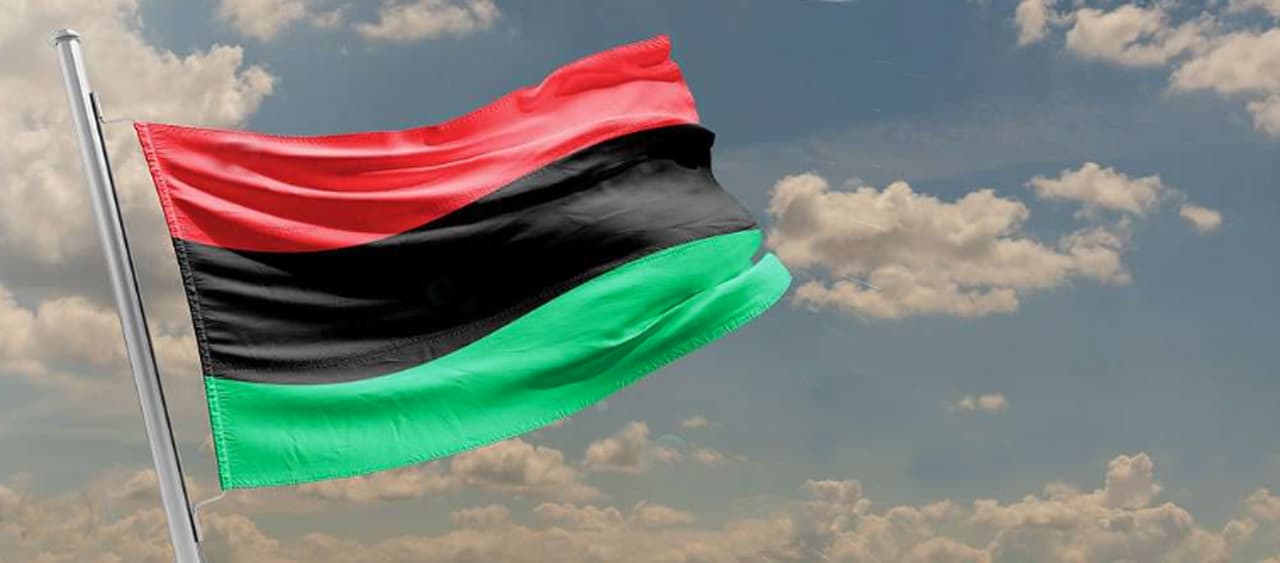Emancipation Day celebrations set for Pickering
Published August 1, 2024 at 10:49 am

Durham Region is hosting its annual Emancipation Day celebration in Pickering this year.
The celebration tends to move around to various locations in the region from year to year. In 2024, the celebration will be held on Aug. 1 at the Esplanade Park near Kingston Road and Glenanna Road in Pickering.
“Durham Region will recognize Emancipation Day with an exciting community celebration at Esplanade Park in Pickering. This event is an opportunity to celebrate our region’s rich diversity, learn more about emancipation and recognize its legacy,” said Chair John Henry.
The British Empire allowed slavery in its territories, including Canada, for centuries until it became among the first world powers to abolish the practice. In Canada restrictions on the slave trade began in 1793 with the Act Against Slavery which banned the import of slaves into Upper Canada (now Ontario). It also freed the children of enslaved women when they turned 25.
Then-Lieutenent-Governor John Grave Simcoe, often honoured on the August long weekend, believed slavery was an affront to Christian principles and lobbied hard for abolition. Compared to other sections of the Empire and the United States, Canada did not have a particularly large enslaved population yet they still numbered in the thousands.
The Act Against Slavery passed following the arrival of Chloe Cooley, an enslaved American woman in Fort Erie. At the time, numerous British Loyalists fled to Canada following the American Revolution, bringing about 2,000 enslaved people. However, rumours indicated the Crown was going to free the slaves who arrived.
Rather than lose his property rights to Cooley, her slaveholder Adam Vrooman beat her, tied her up, forced her into a boat and took her back across the Niagara River to sell her in the States. Cooley was last heard screaming as she disappeared over the horizon. Her ultimate fate is unknown.
While the Act Against Slavery ensured the eventual end of the practice it remained a lifetime away for those already enslaved. Many escaped to the free states of Michigan and Ohio during this time.
By the late 18th and early 19th century, the British Empire became the chief proponent of abolition. They outlawed the slave trade throughout the Empire through two Acts in 1807 and 1811. The Navy then launched the West Africa Squadron to suppress the slave trade which captured 1,600 slave ships and freed 150,000 Africans by 1860, though this was only about six per cent of the Atlantic trade in that timeframe.
However, as in Canada while the trade of enslaved people had effectively ended, those already enslaved remained so. Most were forced to work in Caribbean sugar plantations.
In 1833, Britain passed the Slavery Abolition Act which banned the trade from all territories of the Empire, save those run by the British East India Company (namely Sri Lanka and St. Helena). This involved a massive payout of £20 million to slaveholders.
The Act came into effect on August 1, 1834, but only freed those under the age of six. Those older were redesignated “apprentices” and still forced to work 40 hours a week. Full freedom was not attained until 1838.
During this time, the Underground Railroad was established bringing numerous escaped slaves up to Canada. By the mid-1800s between 30,000 and 100,000 escapees arrived, mostly in Ontario from across Lake Erie and Lake Ontario.
Trinidad and Tobago (a British colony until 1962) became the first nation to formally recognize Emancipation Day in 1985 to recognize the Slavery Abolition Act. Numerous former colonies followed suit, including Canada officially in 2021. Prior to this, numerous Black Canadian communities already marked the day.
Ontario beat the Feds to formally recognize the Emancipation Day. The province acknowledged it in 2008, writing “it is important to recognize the heritage of Ontario’s Black community and the contributions that it has made and continues to make to Ontario. It is also important to recall the ongoing international struggle for human rights and freedom from repression for persons of all races.”
Durham Region’s celebration, featuring food and live performances, runs from 3 to 8 p.m. at Esplanade Park, One the Esplanade, Pickering. Emancipation Day also coincided with Caribana in Toronto, a weeks-long Afro-Caribbean celebration at reaches its climax over the long weekend.
INdurham's Editorial Standards and Policies




